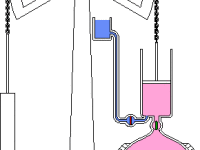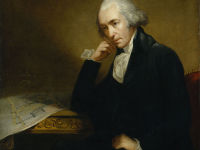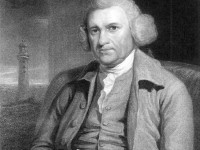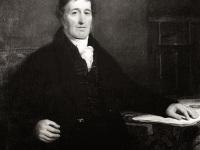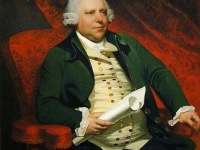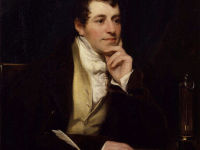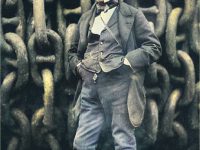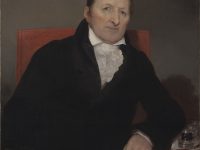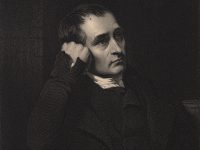Thomas Newcomen and the Steam Engine
On February 26 (or maybe also 24), 1664, English inventor Thomas Newcomen was born, who created the first practical steam engine for pumping water, the Newcomen steam engine. Steam Engines As we know from a previous article on James Watt and the Steam Age Revolution [5], Watt was the one improving Newcomen‘s engine in the 18th and 19th century. Since the knowledge about the power of working with steam had been around for…
Read more

